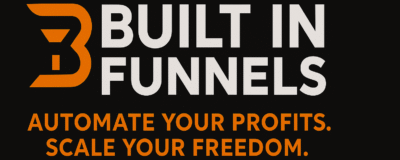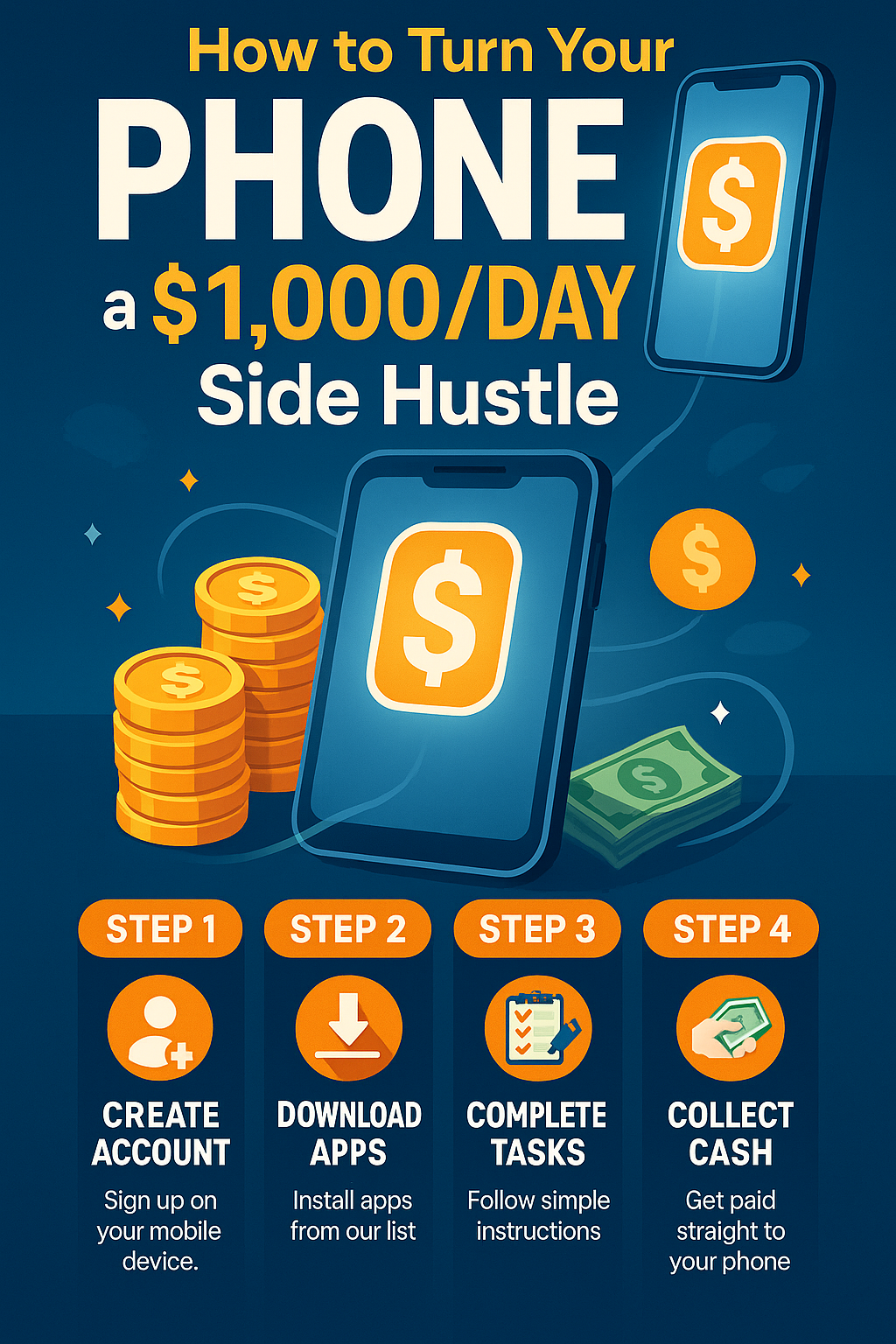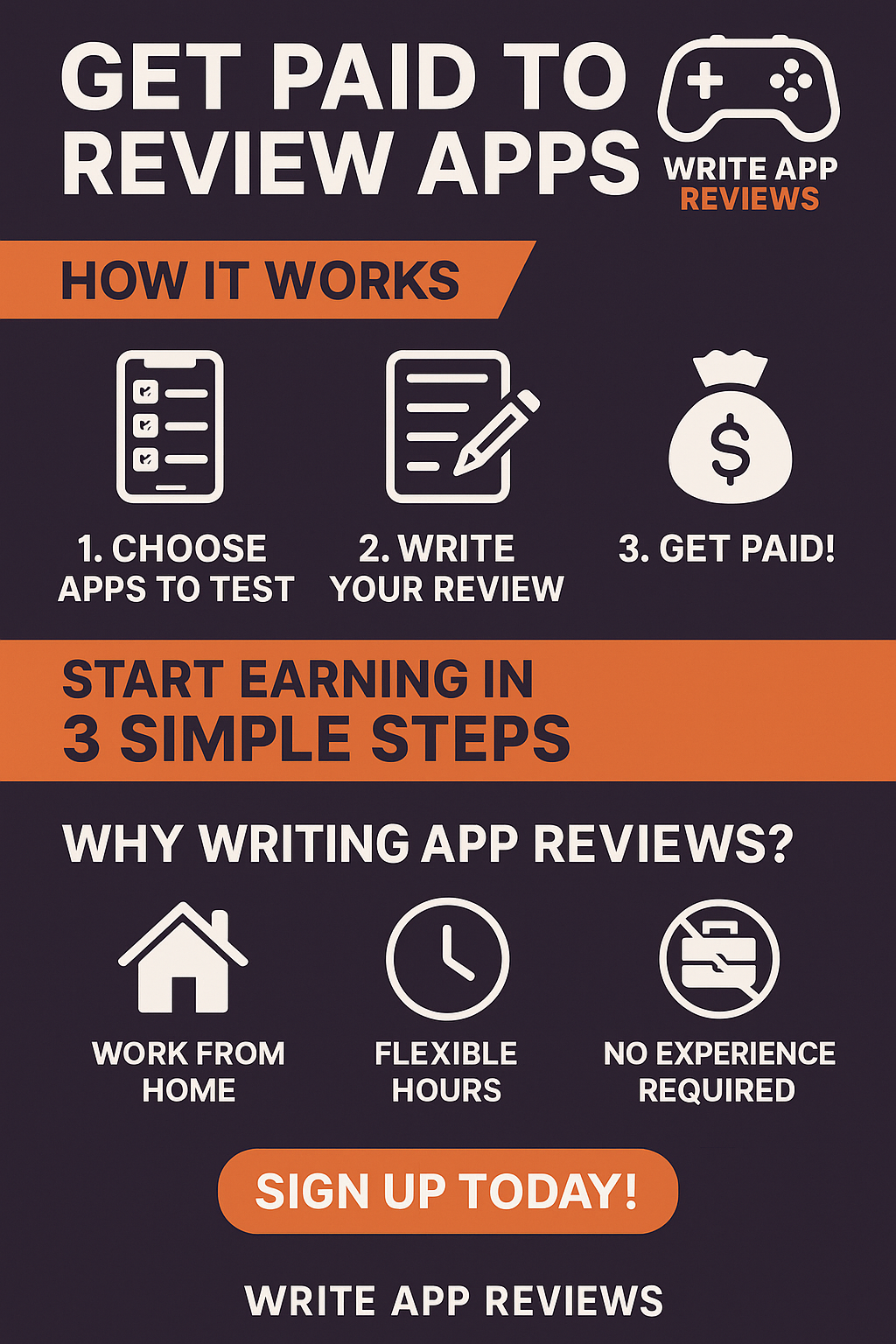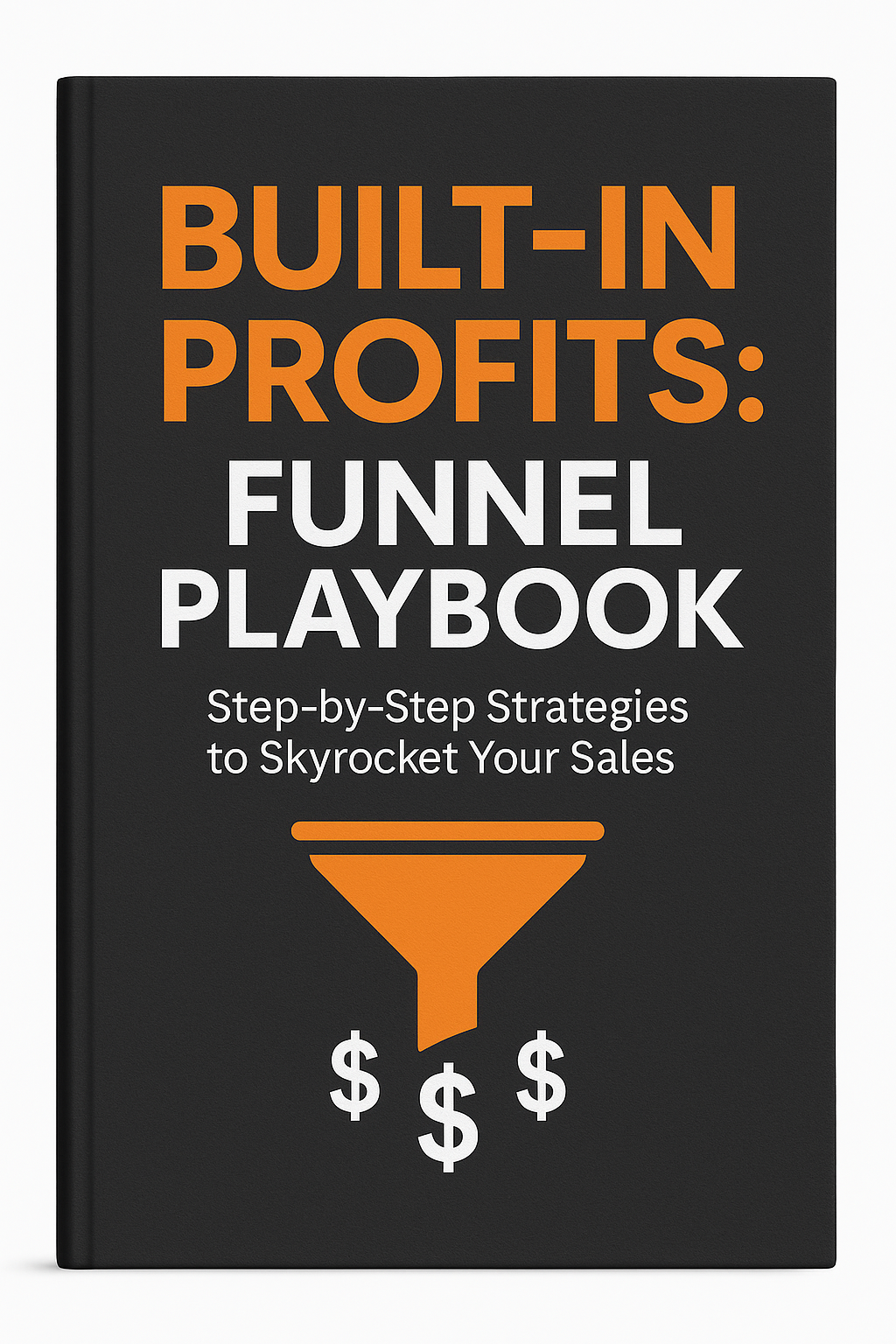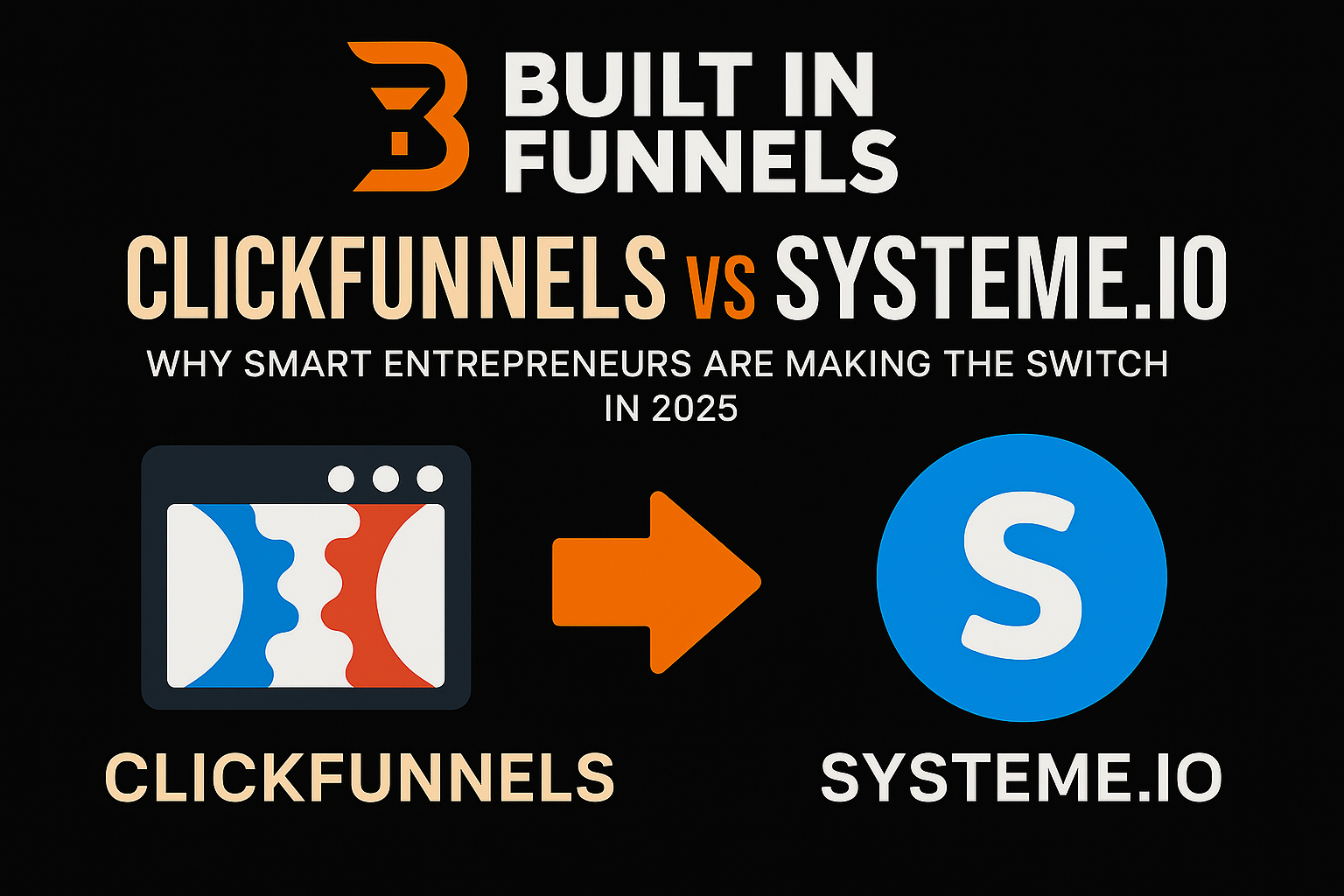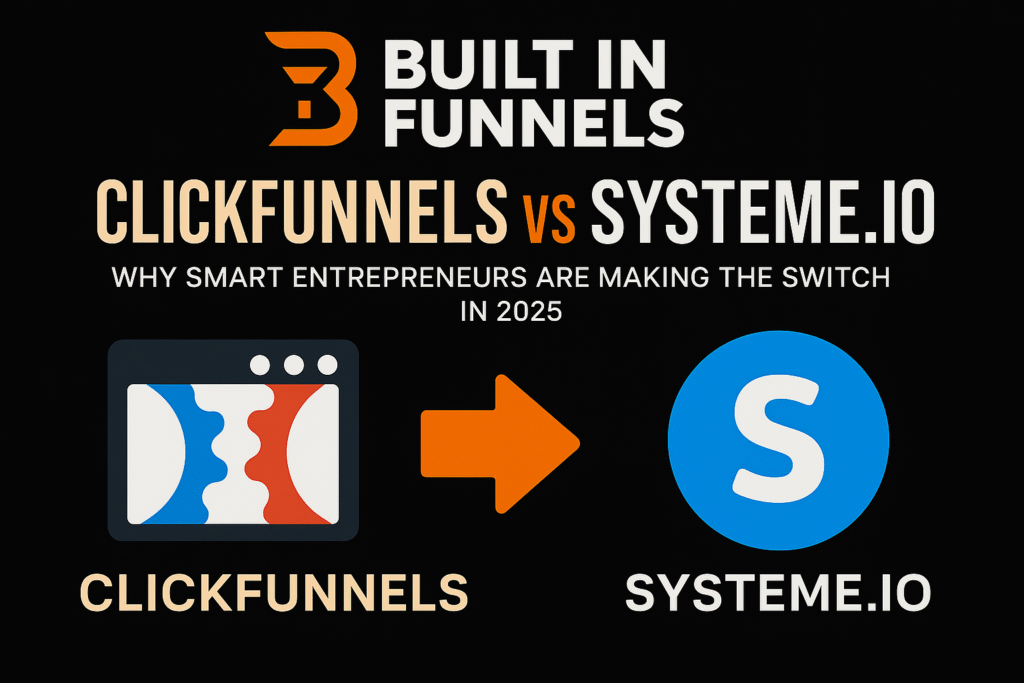
Stepping into the world of digital entrepreneurship, you might find yourself asking, “How can I make my small website not just thrive but also generate income?” That’s a pivotal question, signaling you’re ready to transition from merely owning a digital space to making it a source of revenue. Understanding how to monetize a small website effectively opens a myriad of opportunities for aspiring entrepreneurs, creators, and side hustlers. This guide lays out the most practical and impactful monetization strategies, comparing them to help you decide the best path for your website’s success.
Before diving into the specifics, remember the golden rule of online business: traffic and quality content are prerequisites to monetization. With these in place, you’re set to explore the diverse avenues of generating income from your small website, turning it into an automated income system. Let’s compare some of the top monetization strategies to find the best fit for you.
1. Affiliate Marketing: Earning Commissions on Promoted Products
Affiliate marketing is a powerhouse when it comes to monetizing websites, particularly for those in the initial stages of building their online presence. It involves promoting third-party products or services and earning a commission for every sale or action completed through your referral. This model suits websites of all sizes but is especially advantageous for small sites looking to establish revenue streams with relatively low traffic.
Benefits of Affiliate Marketing
- Low initial investment: You don’t need to create your own products, saving on both time and development costs.
- Passive income potential: Once your affiliate links are in place, they can generate income round the clock with minimal ongoing effort.
- Versatility: There’s a vast array of products and services you can promote, allowing for niche-specific monetization.
For those interested in exploring affiliate marketing, Systeme.io offers an all-in-one funnel builder that simplifies the creation of effective sales funnels, crucial for converting readers into affiliate sales.
2. Display Advertising: Earning from Ads Placed on Your Site
Display advertising is perhaps the most straightforward method to monetize a small website. It involves hosting third-party advertisements in various formats (banners, video ads, text ads) on your site. Platforms like Google AdSense automate the process of finding relevant ads, making it an easy starting point for website owners.
Benefits of Display Advertising
- User-friendly setup: Getting started is as simple as signing up with an ad network and placing their code on your site.
- Consistent earnings: Earn money based on the number of views or clicks the ads receive, providing a steady income stream.
- Scalability: As your site’s traffic grows, so does your potential ad revenue.
However, display ads can be less lucrative for sites with low traffic, and it’s essential to balance ad placements to avoid detracting from the user experience.
3. Digital Products and Services: Selling Your Own Offerings
Crafting and selling your own digital products or services represents a significant leap towards the business end of website monetization. This approach is ideal for website owners with unique skills, knowledge, or creations, offering everything from ebooks and courses to consulting services.
Benefits of Selling Digital Products and Services
- High profit margins: Digital products have minimal ongoing costs, translating to higher earnings per sale.
- Complete control: You’re in charge of pricing, marketing, and delivery, giving you full authority over your offerings.
- Brand building: Selling your own products enhances your brand and establishes you as an authority in your niche.
When considering this route, leveraging tools like MailerLite for email marketing can significantly amplify your sales potential by nurturing leads and automating sales sequences.
Conclusion: Which Monetization Strategy Is Right For You?
Deciding on the best strategy to monetize a small website depends on several factors including your site’s niche, available time, skills, and the level of involvement you wish to have in product creation or promotion. Affiliate marketing and display advertising offer more passive avenues, ideal for those starting out or looking to supplement their income with minimal effort. On the other hand, selling your own digital products or services may require more input but offers higher returns and greater brand-building opportunities.
Regardless of the path you choose, the key to successful website monetization lies in starting small, testing different strategies, and scaling what works. If you’re ready to put this into motion, Systeme.io is a great place to begin, offering an intuitive platform for funnel building that can support affiliate marketing efforts, product launches, and more.
Monetizing your small website is not just a dream but a tangible achievement within reach. By choosing the strategy that best aligns with your goals and leveraging the right tools, you can transform your website into a profitable automated income system. The journey to monetization is a marathon, not a sprint, so start today and watch your digital asset grow into a valuable source of income.
